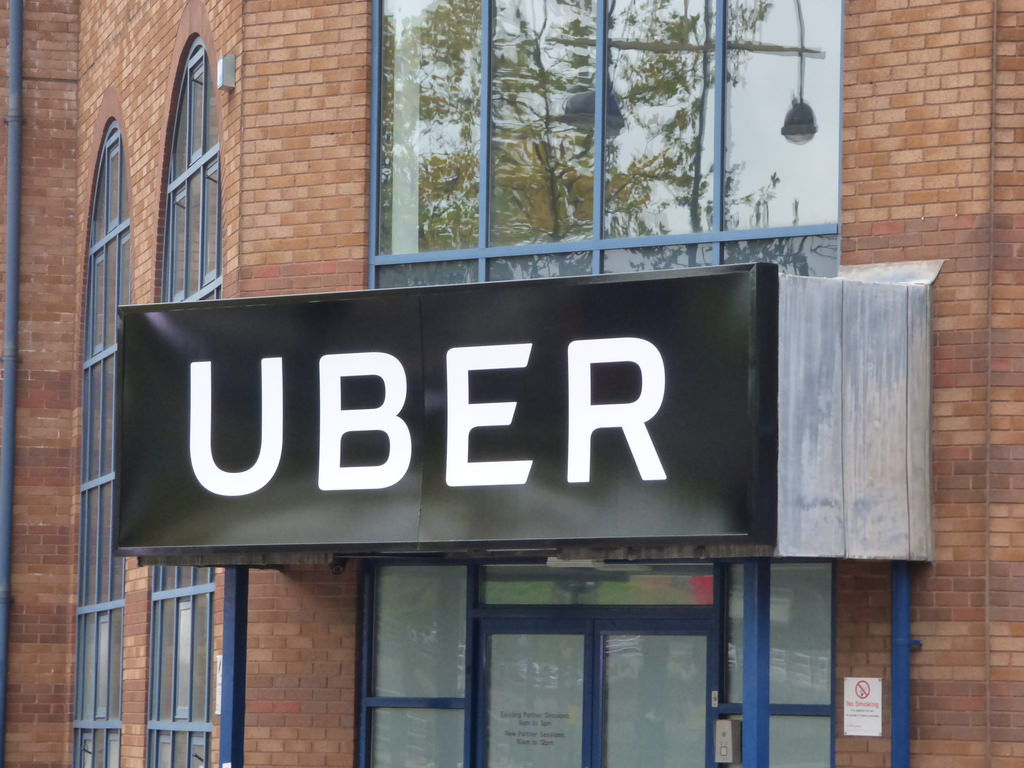The gig economy has a compliance problem
The gig economy is creating a multitude of unpaid tax liabilities, and HMRC may be ready to use new tax dodging laws to crackdown on start-ups and their “self-employed” workers.
In 2017 the Criminal Finances Bill and Finance Bill comes into force, making it easier to prosecute the professional services that seek to help tax evaders, as well as the lawyers and accountants devising or selling schemes, to help people avoid tax. So how will a crackdown on tax evaders and tax avoiders impact the gig economy?
HMRC launched a consultation document in 2016 called “Tackling the hidden economy: extension of data-gathering powers to money service businesses.” This promises new powers for HMRC to gather and acquire data from online intermediaries and electronic payment providers to uncover those who are operating in the “hidden economy.”
Uber Tax Avoidance
Self-employed drivers or regular employees?
One of the biggest unintended consequences of October’s Uber employment tribunal, apart from re-classifying 40,000 Uber drivers as workers, and not as self-employed, is the massive tax bill the ride sharing app will be left with as a result.
If Uber drivers end up being re-classified, then National Insurance contributions alone could add up to £150m a year. While Uber claims it is simply a booking agent for drivers, the employment tribunal said it was a supplier of transportation services to passengers.
As Jo Maugham QC pointed out, if the judgement of the employment tribunal stands, then Uber will be providing a VATable service in the form of transport services. But Uber drivers don’t generally charge VAT on their rides, despite racking up around £115m in fares last year. Someone owes HMRC at least £20m in VAT.
Do Uber drivers pay taxes?
Though there is much debate on whether Uber drivers are considered employees or self employed, HMRC requires Uber and Ubereats drivers to register as self-employed and to pay British taxes at the end of the year. Because Uber considers all drivers as independent contractors, Uber as an organisation does not withhold any taxes. Partners are entirely responsible for their own tax obligations; therefore drivers must file a Self Assessment tax return on earnings they make.
Cash-in-hand discounts don’t work on apps
Cash orientated service providers, in particular taxi services, have plentiful opportunities for making “hidden profits,” and potentially criminal tax evasion through failing to provide every receipt or the total earnings to the tax man. However, there is a world of difference between the taxi driver and the Uber driver. Even if the taxi driver under-reports his or her income by a third, the taxi driver is legitimately self-employed and is paying 100% more VAT than the Uber driver, who isn’t paying any tax at all.
An under-the-window cash-in-hand transaction between a registered taxi driver and a passenger is nearly impossible to catch. But an Uber driver is booked and paid through an app, and via electronic payment providers, precisely the information HMRC is after.
The European Court of Justice is looking at the question of what exactly Uber is. Taxi firms across Europe have been complaining of unfair competition from Uber, which claims to be merely a technology company, even renaming itself as Uber Technologies to stress the point. Airbnb has faced similar pushback from the hotel industry across Europe, standing accused of swooping into regulated markets and then ignoring all of the regulations.
The disruptive business model of the gig economy is also disrupting traditional employment practices. In the wake of the Uber employment tribunal, Deliveroo workers have been staging industrial action against their own self-employment arrangements which see them being paid per delivery instead of per hour. Trade unions have been attempting to unionise Deliveroo workers in order to represent them in collective bargaining, forming what could potentially be the first union of the gig economy.
Disrupting the tax system
Other gig economy providers are facing tax issues based on these nontraditional employment practices. Hermes, another delivery company for some of the UK’s biggest retailers, is being investigated by HMRC compliance officers over couriers being paid less than the minimum wage. Although HMRC had previously accepted Hermes self-employment structure, hundreds of complaints have since been taken up. Some workers have reported earning as little as £3.50 an hour and have been forced to take on additional jobs to pay for the expenses associated with being a Hermes courier.
It’s hard to find a gig economy supplier that does not raise significant compliance issues. Their business model relies on not providing any benefits to staff, therefore allowing it to lower prices and offer a more flexible business model. However, using one of these companies for a service makes it part of the supply chain, and confers some degree of responsibility of due diligence.
The issue of tax avoidance cuts right through the entire gig economy, which relies on the “workers,” those driving the cars, making the deliveries, and completing the tasks, to be entirely responsible for their own tax affairs. Firstly, many of those workers may have another tax paying job. The gig economy for them is a way to make extra money, and more than likely not declare it. Secondly, the act of downloading a gig economy app and making money from it is separate from registering with the HMRC and declaring any income earned as a result. Gig economy apps don’t require their users to have filled in the right forms with HM Revenue & Customs before starting to collect money, thus creating a significant and growing gig economy revenue gap.
The Office of Tax Simplification said: “The tax authority is faced with a potentially significant compliance issue. The income accrued by the gig worker is taxable: but how to collect it?”
No one yet knows how that missing revenue can be taxed and collected, but what’s clear is that taxable and VATable transactions are happening in the gig economy, and someone is going to have to pay.
VinciWorks’ to release a new online course on tax evasion
VinciWorks is set to release a new course on preventing tax evasion. The course will teach employees how to spot tax evaders, and the reporting procedures required of them. You can receive exclusive updates about the course by completing the form below.



